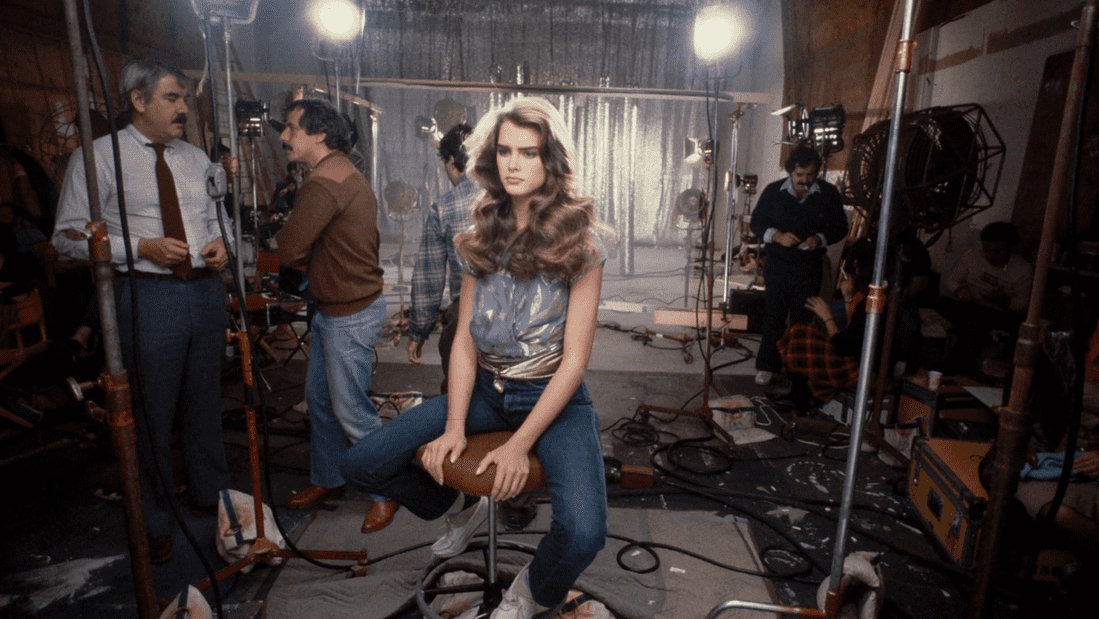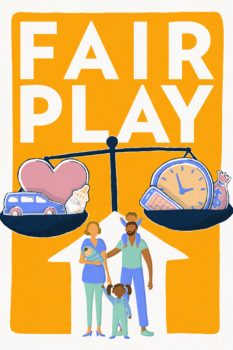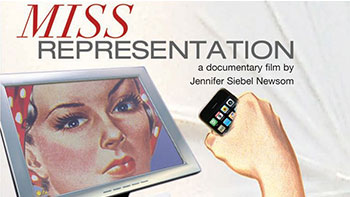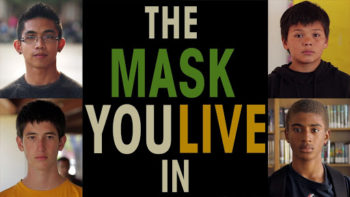In the past few years, we have seen a growing cultural conversation around the way prominent women have been wronged by mainstream media. The two-part documentary Pretty Baby: Brooke Shields adds to this conversation by exploring the career and coming-of-age of Brooke Shields. The film uses present-day interviews and archival footage to expose the sexual objectification that defined Shields’ career, starting in childhood, a culture that exists today.
Beginning her career as a child model, Shields was launched into celebrity with films Pretty Baby (1978), The Blue Lagoon (1980), and Endless Love (1981). Each film carried its own controversies, with a perverse fixation on Shields’ appearance and sexuality as a child. Pretty Baby: Brooke Shields shows how this fixation extended far beyond the fictional characters to that of her celebrity. Archival footage shows troubling interviews with hosts flirting with Shields and making suggestive comments about her (child) body. In one interview, Franco Zeffirelli, the director of Endless Love, described himself as being in love with her. Shields sits beside him, visibly uncomfortable. The film was released when she was sixteen.
Though Shields and her friends joke in the documentary that her earlier films could not be made today, we are not so far removed from the cultural landscape that allowed them in the first place. For instance, just last year, Jennette McCurdy ignited a conversation around the dangers of child fame with her best-selling memoir I’m Glad My Mom Died. McCurdy detailed the abuse and exploitation she experienced in the entertainment industry– experiences that occurred thirty years after Shields’ own began. Inspired by McCurdy, multiple former child stars have spoken up about how the entertainment industry also failed them, with some suggesting an end to child acting as a whole.
The sexualization of girls, and children more generally, is still a major issue. Just last year, Balenciaga came under fire for a disturbing child-bondage ad campaign. Even more celebrated media misses the mark in this area. In part two of the documentary, Shields discusses today’s culture with her teenage daughters. They cite Euphoria and the practice of casting adults in the roles of teen characters as a sign that times have changed. However, this practice alone does not necessarily change the possible exploitative nature of content or of the industry itself. Adult viewers of Euphoria are still being invited to sexually objectify characters who appear to be teens.
While the documentary is Shields’ story, countless women and girls will relate to the experiences of sexualization, objectification, surviving sexual assault, and more. Amidst these heavy and traumatic moments, the documentary shows Shields establishing her voice as an individual and in her career. “I believe I came through it in spite of a lot,” Shields says. This is still true for so many today. It is a reminder that we must build a better world– one where girls and women thrive because of the support they receive, not in spite of the misogyny they confront.
Take Action! Pretty Baby: Brooke Shields is now streaming on Hulu.




